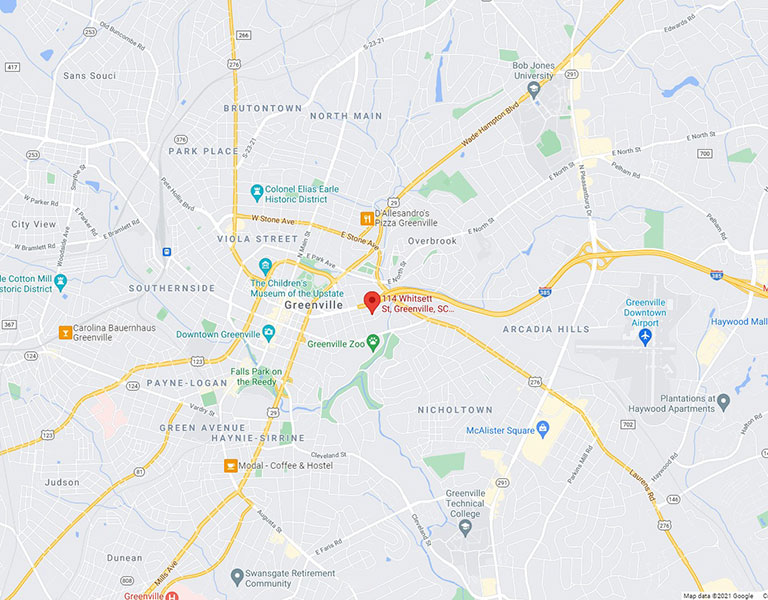The Fourth Amendment of the Constitution protects you against “unreasonable” searches and seizures. Because the Fourth Amendment does not clarify what constitutes as “unreasonable,” the courts have held that a warrantless search is only unreasonable if the subject of the search had a legitimate expectation of privacy.
According to FindLaw, to help the jury determine if a legitimate expectation of privacy existed, it will use a two-part test. The Supreme Court established the test and uses it regularly in cases involving warrantless searches and seizures.
The two-part test
The two-part test involves answering two questions. The first is, did you actually expect some degree of privacy? The jury wants you to demonstrate that you absolutely did expect some privacy — not that you “might have” or “often did” in the same situation.
The second question is, was your expectation of privacy reasonable? To answer this, the jury will consider whether another person in the same situation would also have expected privacy. If society as a whole would disagree that privacy would have not been expected, the answer is no.
America’s standards for privacy
There are some situations in which privacy is almost always the norm and not the exception. Though the law does not establish any hard and fast rules regarding private places, there are two locales that fall into the “private” category more often than not.
The first is a person’s home. Your home is probably the one place that jurors and society in general could agree that the expectation of privacy is objectively reasonable. Because your home is your “castle,” so to speak, there are few instances in which you should not feel safe from prying eyes in it. Most Americans would agree that the police must have a warrant to search your home.
The second location is your purse, bag or briefcase. Unless said item is transparent, most jurors are willing to uphold that you had an expectation of privacy.
Many people assume that they also have the expectation of privacy in their automobiles. Unfortunately, this is not often the case. Most courts have upheld that a person’s expectation of privacy in a vehicle is “lower” than that of what he or she might enjoy in his or her home or personal carry-all.


